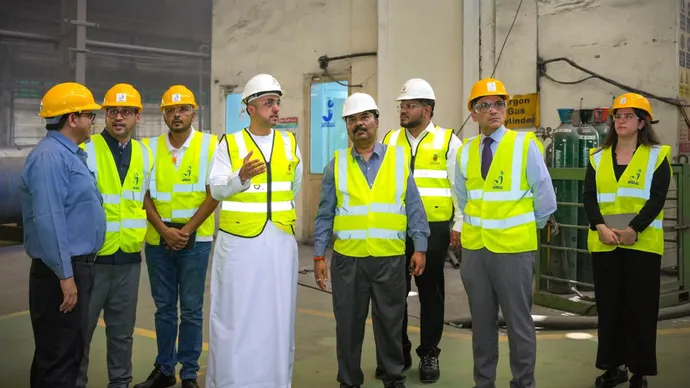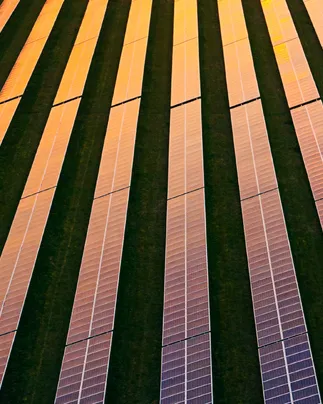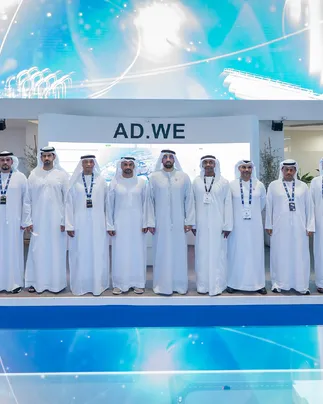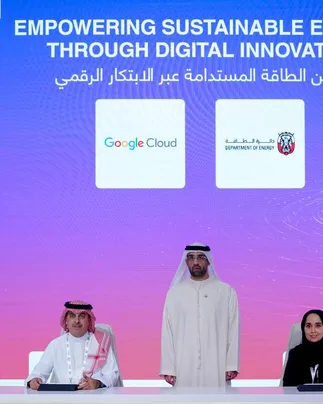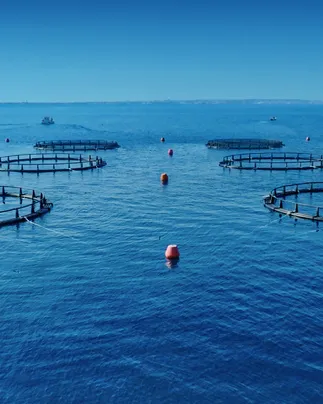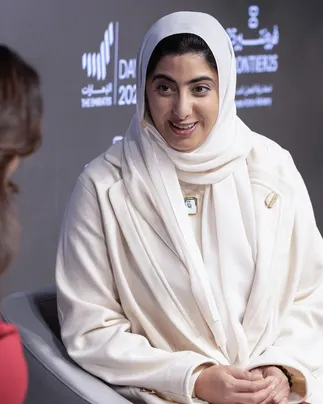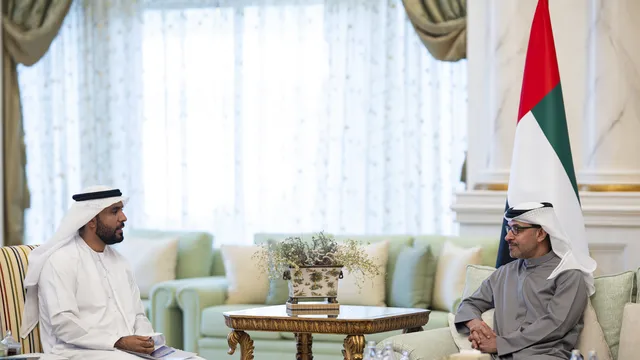The Abu Dhabi Department of Energy (DoE) has launched the Energy Efficiency Accelerators in the Industrial Sector initiative, aiming to enable 100 establishments in the emirate's industrial sector. The programme will help companies improve their energy and water usage, boosting their contribution towards the objectives of the UAE Net Zero 2050 Strategic Initiative.
Launched as part of the Abu Dhabi Energy and Water Efficiency Strategy 2030, the initiative seeks to achieve optimal factory performance. This is done by providing a specialised technical evaluation that helps to identify chances for reducing operational costs and minimising environmental effects, without imposing any financial burden on the facilities.
His Excellency Engineer Ahmed Al Falasi, Energy Efficiency Sector Executive Director at DoE, said: "The Energy Efficiency Accelerators in the Industrial Sector initiative is a key milestone in our drive to establish sustainability in the sphere of industrial operations.
"The initiative is not simply a technical assessment, but a strategic instrument that facilitates the transition to sustainability. We use it to support industrial facilities in discovering operational avenues to increase energy efficiency economically. This empowers them to reduce operational production expenses and elevate equipment efficiency and performance, which in turn boosts competitiveness, lessens the environmental impact, and underpins future expansions in the industrial sector.
"Given the escalating economic and environmental challenges, it is now imperative that energy and water be consumed more intelligently. We at the DoE are convinced that efficiency is the pathway to enhancing performance, cutting emissions, and increasing competitive advantage. Through this initiative, we provide the opportunity for the industrial sector in Abu Dhabi to be a principal partner in achieving the national goals for climate action and sustainable development."
Those taking part in the programme will obtain a comprehensive analysis of consumption trends, specialised technical recommendations, and support in formulating a roadmap for enhancement. A complete commitment to preserving the confidentiality of all data and information collected during the assessments is guaranteed.
A key focus of the initiative is on several major industrial fields, including construction materials, food and beverages, metals, paper industries, rubber and plastics, and the chemical and pharmaceutical industries. These are fields which make up a substantial share of the electricity and water consumption in the non-oil sectors. For instance, the metals sector alone accounts for more than 51 per cent of electricity use and 26 per cent of water use annually within the non-oil industrial landscape.
Through the initiative, participants will receive assessments of their energy efficiency performance, conducted via initial on-site visits (Level 1). Subsequently, a detailed evaluation (Levels 2 and 3) will be carried out for the targeted facilities, with the objective of identifying areas of inefficiency and viable opportunities to improve performance.
The DoE has concluded assessments for 12 industrial facilities, with work currently underway at more than 14 others. The goal is to finalise evaluations for around 50 facilities by the end of 2025, with the remaining assessments to be completed in 2026.
Amid the global push for emissions reduction and improved operational efficiency, this initiative presents a strategic opportunity for Abu Dhabi's industrial facilities to become a model for environmental distinction and economic competitiveness, locally and globally.


